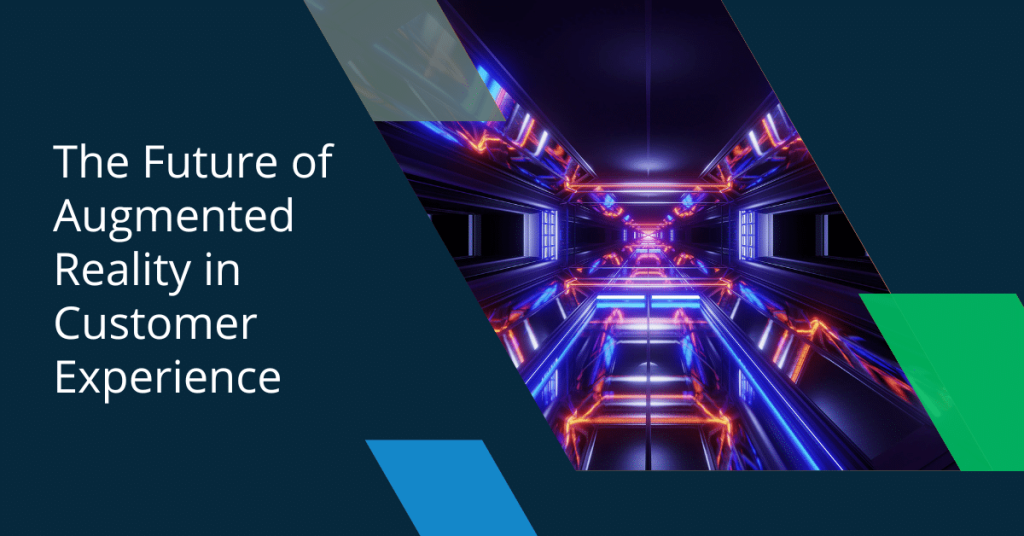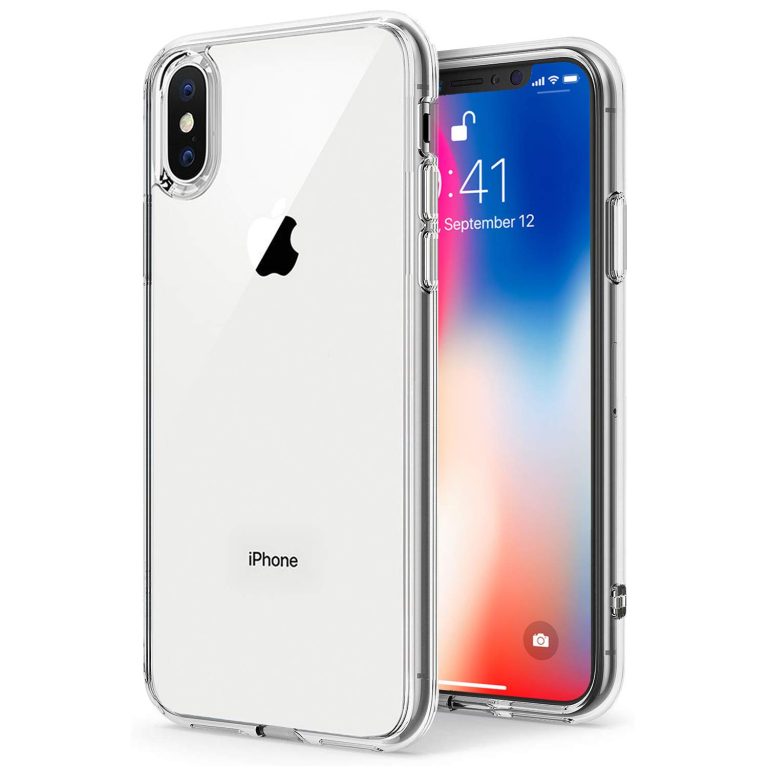9 Reasons Why Augmented Reality: The Future of Engaging Loyalty Experience Is Here

Augmented reality has been declared as the next-generation technology. It provides many such opportunities that will reinvent marketing strategies. This technology is connecting the real world with the virtual reality world. It helps us create a hybrid environment in which both physical and digital elements coexist. Augmented reality is being used in many fields in the present day like education, entertainment, engineering, etc. Hence augmented reality: the future of engaging loyalty experience is being considered as the future.
Nowadays, developers and retailers have adopted augmented reality technology by using mobile applications. Companies like L’Oreal, Mini, and Nike are also using this technology to deliver their products to customers in an effective way. The AR technology in the real world helps consumers in their decision-making.
Attention all business owners! If you want to boost customer engagement, trust, and brand value, incorporating cutting-edge technologies like AR is essential. To discover more about the power of AR, it’s time to start exploring.
How AR enhances customer engagement and retention: a closer look:
Customer engagement is an emotional connection that a customer has with a brand, product, or service. Value, relevance, trust, convenience, and satisfaction are factors that affect people a lot. AR gives the customer a personalized experience that drives loyalty and intention.
For example, it is very important to create product demonstrations and educational content through AR. This content helps in showing the benefits of the product through stories.
Comparisons, incentives, personalized recommendations, feedback, and recognition are factors that mainly help to retain the customer. Moreover, brand assistance, information, and instruction are also factors that help to create and retain loyal customers.
Real-world examples of customer engagement and retention using AR:
IKEA allows its customers to view its products virtually at home with the help of mobiles and tablets. This gives the customer the advantage that they can place the product at their home and check whether it fits properly. This makes the purchasing decision easy.
Sephora also provides the service of applying makeup, hair color, etc. virtually to its customers.
Lego also offers educational stories and content to engage customers in its stores or through smartphones. This also communicates brand value, history, and location. Additional challenges, such as 3D effects, are also offered. These challenges increase the value of play and the potential for learning and developing brand trust.
Reasons why augmented reality is the future:
The Customer/Product Experience:
Compared to the 1990s, today customer loyalty is very uncertain. Customers do not take the time to understand the traffic of another person if we do not understand them properly. Engaging customers through AR has changed a lot. If a customer wants to purchase shoes, he can try on the shoes through AR with just one click. The consumer also shares this experience with his friends, which already increases the engagement of the brand. This exemplifies Augmented Reality: The Future of Engaging Loyalty Experience in action.
AR provides an experience that captivates the customer and gives him the confidence to interact with the brand. For example, a furniture brand can use AR, where the customer gets an opportunity to place the product in their home or space. This not only makes the purchasing decision easier but also develops an emotional connection with the brand.
Analysis has shown that AR has increased the “click-through rate” by 40%. It eventually causes a rise in sales. According to a report by Statista, the number of people using mobile AR is 800 million, which will reach 1.73 billion by 2024.
Emotional Connect and Storytelling:
Through Augmented Reality: The Future of Engaging Loyalty Experience, brands are connecting emotionally with their customers. This is not only increasing sales. However, customers become brand ambassadors of your product for free when they share their experience online. This is not only gaining the trust of online shoppers but also giving customers a chance for personalized interaction and reinventing product interaction.
Empowered by social media and digital channels
Customers are looking at various apparels through their mobile phones. By uploading these videos and images on social media, your brand gets a boost. Moreover, this brand remains in trend.
Brand Awareness & Sales:
Brand awareness is very important because it increases trust, brand quality, and association. For example:
- IKEA has its own AR app called IKEA Place.
- Vyo has next-level AR experience in which virtual clothing is shown in real-time.
- Dulux Visualizer has great technology in which we can see the walls of our home or workplace by painting.
Personalized shopping experiences:
This also gives a better experience of shopping. Customers can try dresses, makeup, and hairstyles of their own choice. Even you can experience hair color in the real world through this tech. This customer can customize this product as per his/her liking, due to which the customer satisfaction level increases.
Employee Engagement:
AR is used in companies to deny employees an office-like environment at home. Moreover, if an employee wants to work while sitting on the beach, that is also possible.
Marketing teams are also using it so that they can put themselves in the customer’s place and learn to observe a particular product and condition. This is helping in creating a more immersive experience for customers.
Automobile industries are also using it so that they can check and learn how to operate the machines.
Moreover, in forces like the army, virtual worlds are being created for training.
Data Collection and Analytics:
With AR technology, we get a lot of valuable insights. Customer behavior, interaction, and engagement level can be known. All this data gives us confidence that in the future we can make our company more targeted and personalized.
Personalized Rewards:
As we know, with the help of this technology, we can collect data through which individual customers are rewarded.
For example, a restaurant keeps track of which dishes the customers like. On this basis, they are offered special discounts. This makes the customer feel appreciated and valued.
Gamification of loyalty programs:
In this, businesses create a game-like virtual environment that includes elements of badges and levels. A clothing brand can attract people through this by showing their clothes through AR. By completing challenges and showing creativity, customers get loyalty points. Based on these points, they are then given a discount.
Application of augmented reality:
AR technology will be used effectively in all these applications in 2024.
- Augmented Reality in Social Media Marketing and Advertising
- Retail
- Hospitality
- Automotive
- Healthcare
- Entertainment
- Training
- School learning
Opportunities for Innovation:
Currently, Augmented Reality: The Future of Engaging Loyalty Experience provides a personalized experience to customers. In the future, it will help in designing and presenting the product in a better way for better understanding. Better things are provided to the customers through AR, which creates FOMO (fear of missing out). This marketing strategy is used to increase sales.
In the future, different marketing strategies will be modified. In this way, customer engagement, satisfaction, and loyalty increased. Eventually, sales and brand awareness are increased.
Conclusion:
At present, augmented reality is not a future concept anymore. Rather it has become a power tool that increases brand loyalty and drives sales. By combining the physical and virtual worlds, Augmented Reality: The Future of Engaging Loyalty Experience offers customers a highly interactive and personalized experience. It encourages the development of an emotional bond with the brand. Many brands like IKEA, LEGO, etc. are using it effectively in a result-oriented manner. Since AR technology is also accessible on platforms like mobile, it can be used in many ways. Every business should adopt AR technology. In this way they can remain innovative, relevant, and customer-focused in the digital world market.





